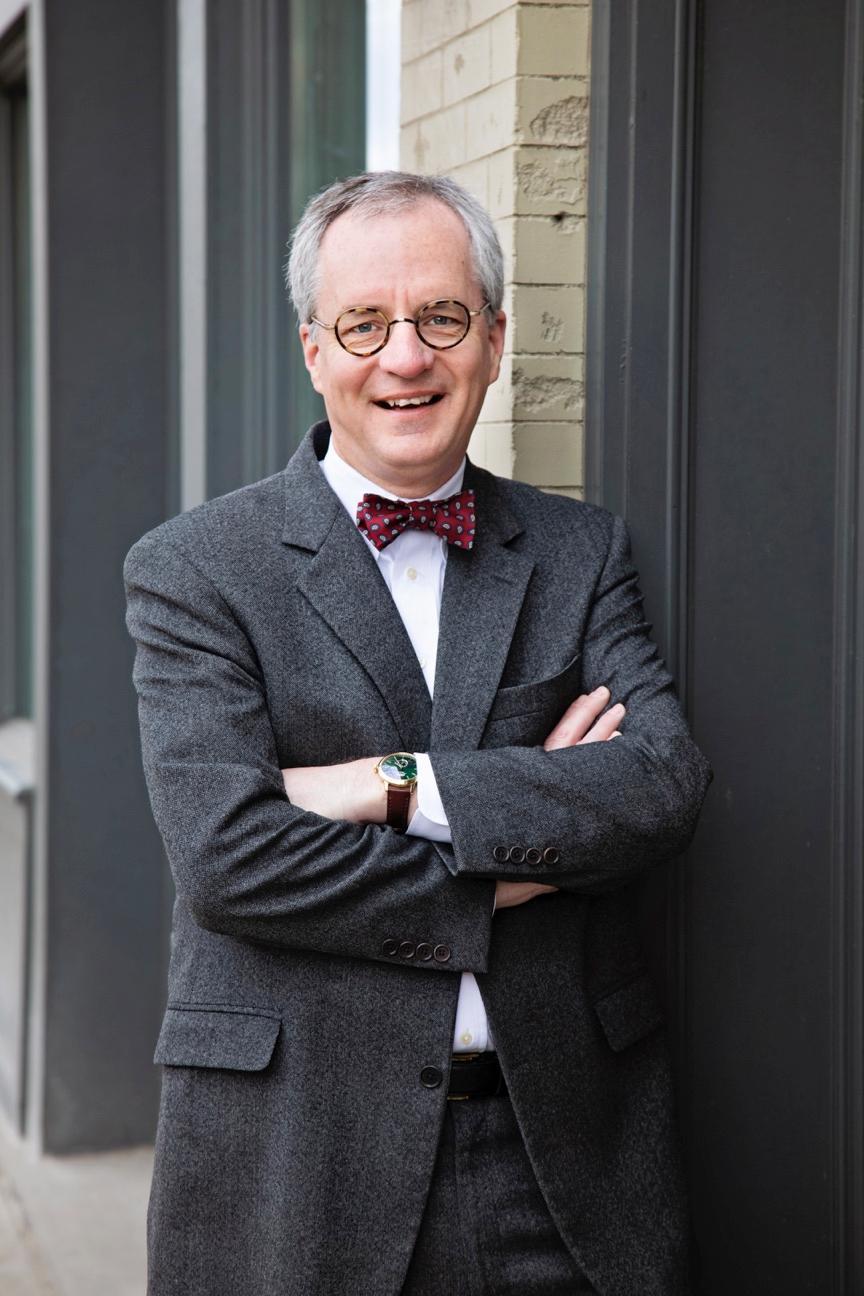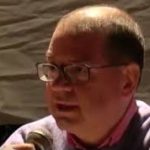STOREP 2021: Raffaelli Lecture

[:en]
II Home ΙΙ Invited Speakers ΙΙ Raffaelli Lecture ΙΙ INET-STOREP Initiative ΙΙ
ΙΙ Young Scholars ΙΙ General and Session Program II Numbers and areas II
* * *

The “Raffaelli lecture” is in honour of Tiziano Raffaelli, Full professor of History of Economic Thought at the University of Pisa, an internationally renowned specialist of Alfred Marshall’s economics, a promoter of several research initiatives of political economy, and an active and reputable member of STOREP. Starting from the 14th Annual STOREP Conference, and thanks to the generosity of Manuela Giovannetti, full professor at the University of Pisa and widow of Tiziano Raffaelli, STOREP invites every year an internationally recognized scholar who has led innovative research on Raffaelli’s main interests – from Alfred Marshall’s thought, in particular, to, more generally, industrial economics, evolutionary economics, economic methodology – to hold a one-hour lecture to participants in the main conference. STOREP will broadly disseminate the lecture contents, both on its website and on social media, and eventually on special issues of academic journals with selected articles presented in the Annual Conference.
After Marco Dardi in 2017, Harro Maas in 2018, Richard Arena in 2019, and Sheila Dow in 2020, Steven G. Medema will give the fifth “Raffaelli Lecture” at the STOREP conference. The title of his lecture is: “What Happened on Blackstone Avenue? Exorcising Coase Theorem Mythology“.
 Steven G. Medema is a Research Professor in the Department of Economics, Associate Director of the Center for the History of Political Economy, and Research Associate in the Law School at Duke University. He is also University Distinguished Professor of Economics Emeritus, President’s Teaching Scholar Emeritus, and former Director of the University Honors and Leadership Program at the University of Colorado Denver.
Steven G. Medema is a Research Professor in the Department of Economics, Associate Director of the Center for the History of Political Economy, and Research Associate in the Law School at Duke University. He is also University Distinguished Professor of Economics Emeritus, President’s Teaching Scholar Emeritus, and former Director of the University Honors and Leadership Program at the University of Colorado Denver.
Professor Medema received his B.A. (Economics) from Calvin College in 1985 and his Ph.D. in Economics from Michigan State University in 1989. His research focuses on the history of modern economics, though his writings range over subjects as diverse as the Ancient Greeks, Adam Smith, and British philosopher Henry Sidgwick. His 2009 book, The Hesitant Hand: Taming Self-Interest in the History of Economic Ideas (Princeton), was awarded the 2010 Book Prize from the European Society for the History of Economic Thought (ESHET). The threads that unite much of his research are the analysis of the interplay between markets and government in the history of economic ideas and the expanding boundaries of economic analysis. These threads merge in his most recent project, a life history of the Coase theorem.
Professor Medema served as Editor of the Journal of the History of Economic Thought from 1999-2008. He currently serves as an Associate Editor or member of the editorial board for several history of economics journals and as Book Reviews Editor for History of Political Economy. He was elected President of the History of Economics Society for 2009-10. He served on the Executive Committee of ESHET from 2012-2016 and was a member of the ESHET Scientific Council from 2000-2006.[:it]
II Home ΙΙ Invited Speakers ΙΙ Raffaelli Lecture ΙΙ INET-STOREP Initiative ΙΙ
ΙΙ Young Scholars ΙΙ General and Session Program II Numbers and areas II
* * *

The “Raffaelli lecture” is in honour of Tiziano Raffaelli, Full professor of History of Economic Thought at the University of Pisa, an internationally renowned specialist of Alfred Marshall’s economics, a promoter of several research initiatives of political economy, and an active and reputable member of STOREP. Starting from the 14th Annual STOREP Conference, and thanks to the generosity of Manuela Giovannetti, full professor at the University of Pisa and widow of Tiziano Raffaelli, STOREP invites every year an internationally recognized scholar who has led innovative research on Raffaelli’s main interests – from Alfred Marshall’s thought, in particular, to, more generally, industrial economics, evolutionary economics, economic methodology – to hold a one-hour lecture to participants in the main conference. STOREP will broadly disseminate the lecture contents, both on its website and on social media, and eventually on special issues of academic journals with selected articles presented in the Annual Conference.
After Marco Dardi in 2017, Harro Maas in 2018, Richard Arena in 2019, and Sheila Dow in 2020, Steven G. Medema will give the fifth “Raffaelli Lecture” at the STOREP conference. The title of his lecture is: “What Happened on Blackstone Avenue? Exorcising Coase Theorem Mythology“.
 Steven G. Medema is a Research Professor in the Department of Economics, Associate Director of the Center for the History of Political Economy, and Research Associate in the Law School at Duke University. He is also University Distinguished Professor of Economics Emeritus, President’s Teaching Scholar Emeritus, and former Director of the University Honors and Leadership Program at the University of Colorado Denver.
Steven G. Medema is a Research Professor in the Department of Economics, Associate Director of the Center for the History of Political Economy, and Research Associate in the Law School at Duke University. He is also University Distinguished Professor of Economics Emeritus, President’s Teaching Scholar Emeritus, and former Director of the University Honors and Leadership Program at the University of Colorado Denver.
Professor Medema received his B.A. (Economics) from Calvin College in 1985 and his Ph.D. in Economics from Michigan State University in 1989. His research focuses on the history of modern economics, though his writings range over subjects as diverse as the Ancient Greeks, Adam Smith, and British philosopher Henry Sidgwick. His 2009 book, The Hesitant Hand: Taming Self-Interest in the History of Economic Ideas (Princeton), was awarded the 2010 Book Prize from the European Society for the History of Economic Thought (ESHET). The threads that unite much of his research are the analysis of the interplay between markets and government in the history of economic ideas and the expanding boundaries of economic analysis. These threads merge in his most recent project, a life history of the Coase theorem.
Professor Medema served as Editor of the Journal of the History of Economic Thought from 1999-2008. He currently serves as an Associate Editor or member of the editorial board for several history of economics journals and as Book Reviews Editor for History of Political Economy. He was elected President of the History of Economics Society for 2009-10. He served on the Executive Committee of ESHET from 2012-2016 and was a member of the ESHET Scientific Council from 2000-2006.[:]

